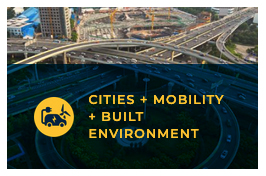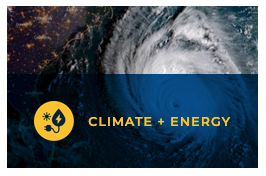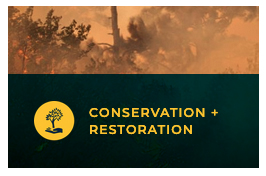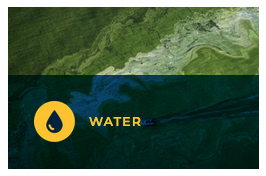
The University of Michigan School for Environment and Sustainability's (SEAS) Sustainability Themes address global challenges at the nexus of environment and society. They are intertwined with everything we do but also serve as rallying points for collaborations around research, teaching, and civic engagement. The Sustainability Themes are:
- Cities + Mobility + Built Environment
- Climate + Energy
- Conservation + Restoration
- Food Systems
- Water
- Cross-Cutting
Students
All SEAS students specialize in a course of study and they can also focus on one or more themes to further customize their path. By focusing on a theme, students can dig deeper into a particular area of interest and impact. Integrating themes is possible by selecting from courses that focus on that topic or by completing the capstone requirement associated with that theme, be it a traditional Master's Project or thesis or a Theme-Based Master's Project course.
The extended, three-semester Theme-Based Master's Project course series starts in the first winter semester. Student teams work with clients on one of four real-world challenges within the context of a particular theme. Because they are also engaging with three other master's projects on the same theme, students can get even greater depth than they are able to through SEAS’ traditional master's project. In any particular theme course, such as one focused on "Water," students are likely to learn about water-related sustainability challenges from the local to the regional, national, and international levels. Moreover, students in these courses learn professional skills and build networks to succeed within the respective sustainability context. In a theme course on climate and energy, for example, they may learn life cycle analysis skills as well as engage with professionals from the American Center for Life Cycle Assessment. Students interested in enrolling in a theme-based course apply to participate in early November and are notified of their acceptance in early December so that they still have plenty of time to determine which capstone experience best fits their needs by the beginning of the winter semester.
The graphic below shows examples of how students in a particular specialization can choose to focus on one or more themes based on interest (click to enlarge the graphic).
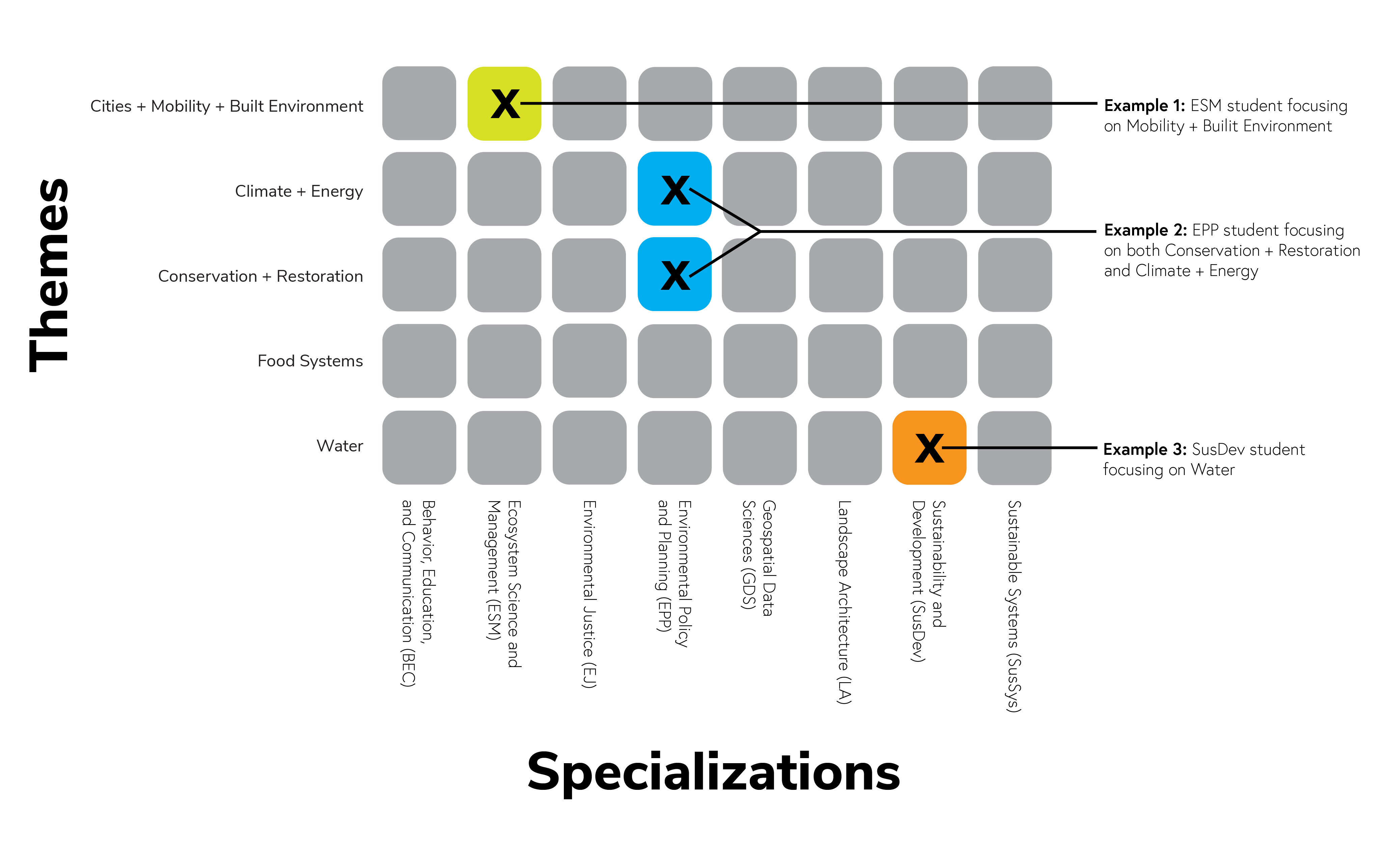
Click on graphic to enlarge
Faculty
The SEAS Sustainability Themes provide a framework for faculty, research staff and students to collaborate across campus with other U-M units and with external partners. SEAS offers Themes research grants for cross-campus research projects each year. Learn more about the grants and view past project descriptions here.


